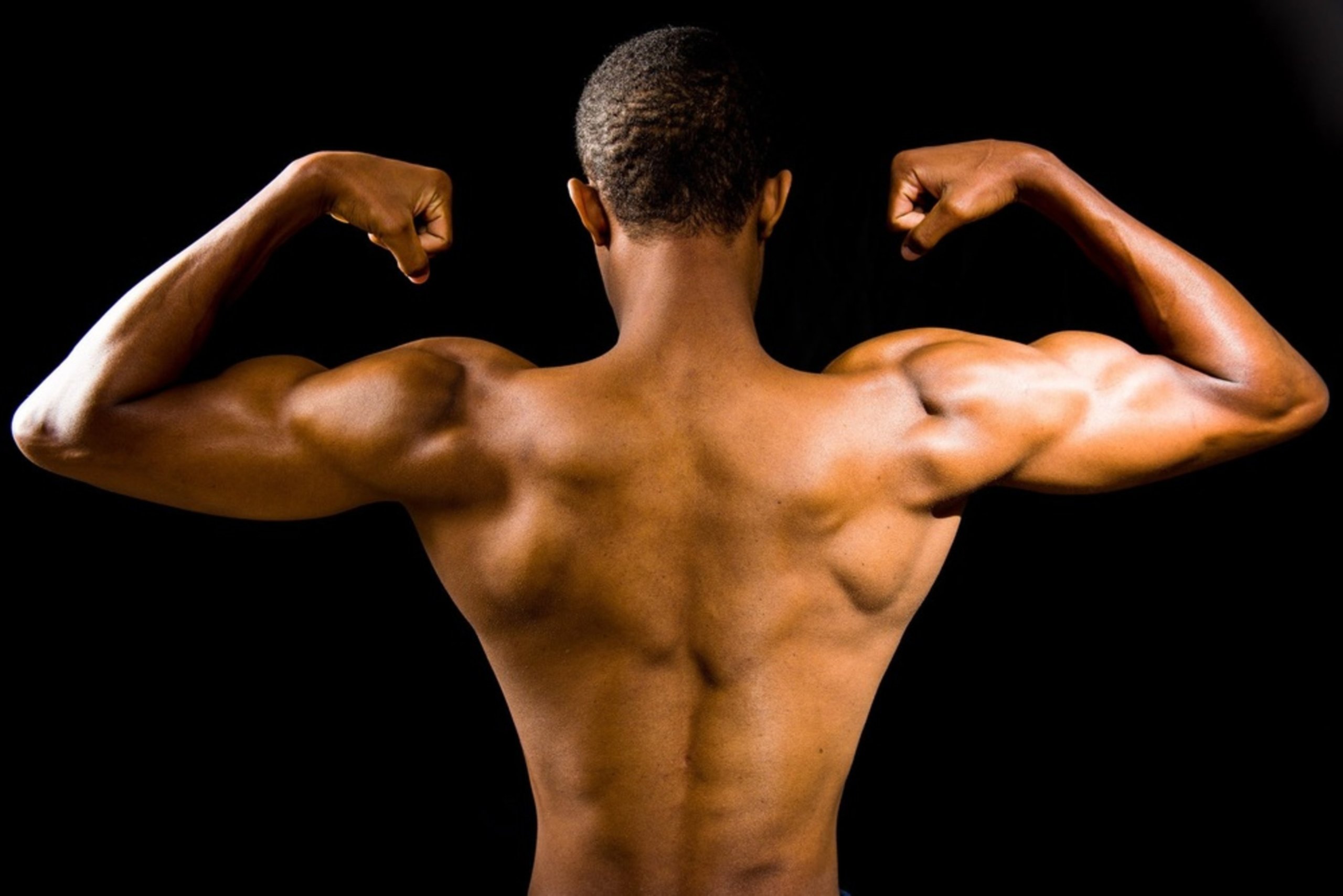A recent study shows evidence that the gut microbiome may play a role in muscle growth and development. Scientists conducting further research on this proof think this could be groundbreaking in treating muscle loss and deterioration in cancer patients and aging individuals.
Previous studies find evidence showing that the gut microbiota may be essential for the growth and maintenance of skeletal muscle tissue. Concerning this evidence, this study sets out to determine if a healthy and whole gut microbiome is crucial for skeletal muscle to develop and adjust to exercise.
Testing out theory on mice
Researchers tested this potential scientific advancement on mice in a lab setting. Study mice voluntarily exercised by running on a wheel inside their cages for nine weeks. Both study groups of mice exercised on the running wheels for the same amount of time over the testing phase.
One group of mice received antibiotics through drinking water to kill bacteria in the gut microbiome, and another group did not.
At the end of the testing period, the muscle tissue of the mice that had ingested the antibiotic did not increase in size in reaction to exercise like those without the antibiotic.
Muscle loss could be prevented in ailing, older adults
These results show a clear correlation between the gut microbiota and skeletal muscle gain in response to exercise. Thus, research scientists determine a healthy and intact gut microbiome is essential for muscle tissue growth when under the continual strain of purposeful physical activity in animal models.
“If we can identify the substances that gut bacteria are making to help muscles grow after exercise, we might be able to use some of those substances to promote the growth of muscles in people suffering from the loss of muscle as typically seen with aging or cancer,” explains Taylor Valentino in a statement. Valentino is the first author of the study research paper.
Research Limitations
The results of this study remain positive and promising in translation to muscle growth in animal models and, hopefully, human models. However, some study limitations exist.
This study only performed research on this concept on female mice. This limitation leaves scientists uncertain if the effects of exercise on muscle growth will occur similarly in male mice.
Additionally, researchers continue to question if administering antibiotics to the test group of mice affects the capability of the skeletal muscle tissue to grow in response to exercise, rather than the gut microbiome.
Muscle gain and the gut clearly linked
Overall, this study contributes largely to previous research that tracks healthy skeletal muscle tissue gain and the presence of a healthy and intact gut microbiome.
Additionally, there is ongoing research to investigate whether exercise adjusts the makeup and workings of the gut microbiota. This continuing research will be necessary for connecting these physiological links between muscle tissue and bacteria in the gut.
Researchers see a promising future for the results of these studies concerning their translation to the medical field, how they benefit muscle development and the upkeep of muscle tissue in both cancer patients and the elderly.
This study is published in The Journal of Physiology.

This has been pointed out before. Someone said all health begins in your GUTS! Your guts has to be working right to correctly absorb the nutrition that is the key to your body repairing and regulating itself.